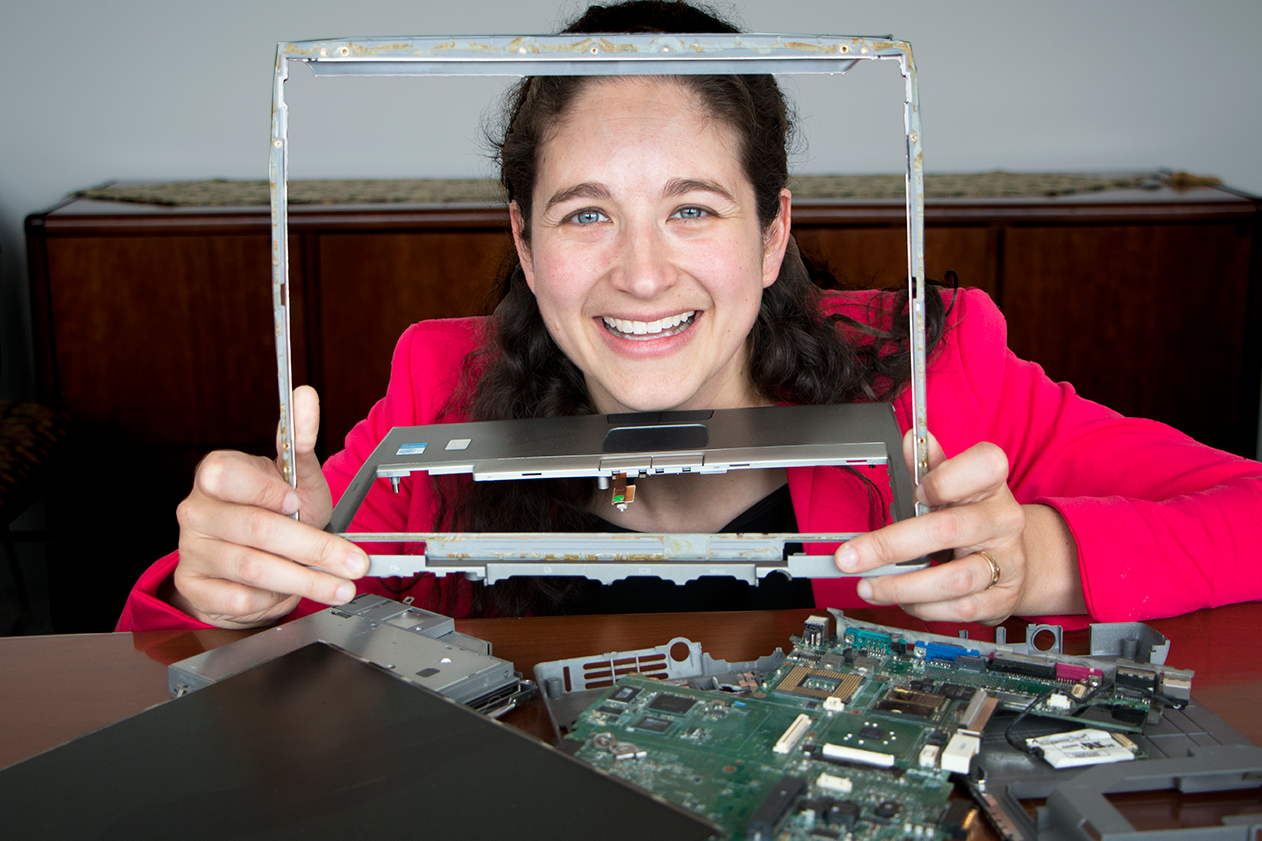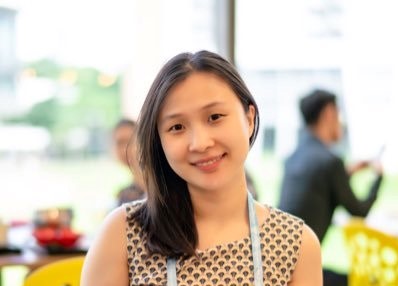Professor Christoph Brabec of FAU Erlangen-Nürnberg delivered the Dec 2020 A3MD Distinguished Seminar Series talk entitled: “AMANDA – Line 1: Can AI guided high throughput device engineering resolve long time challenges in solution processed photovoltaics?”
Evaluating the potential of organic photovoltaics materials and devices for industrial viability is a multi-dimensional large parameter space exploration. Manual experimentation is extremely limited in throughput and reproducibility. Automated platforms for fabricating and characterizing complete functional devices can accelerate experimentation speed within tight processing parameter variations. Here we demonstrate a multi-target evaluation of organic and perovskite photovoltaic materials in full device level with the automated platform AMANDA Line 1 combined with Gaussian progress regression-based data evaluation. Around 100 processing variations are screened within 70 hours which yield a reliable evaluation output in terms of efficiency and photostability. The unprecedented quality of the data coming from the AMANDA platform allow building correlation models by AI methods like Gaussian Parameter Regression (GPR). Already several hundred samples allowed to research for hidden parameter correlations revealing structure – property correlations. One surprising correlation established a direct link between the absorption spectrum of a semiconductor composite and the performance and lifetime of a photovoltaic device. Such correlations have been previously searched for by highly complex experiments, including microstructure investigations on the synchrotron, but haven´t passed the level of qualitative predictions. With AMANDA we have been able to build a quantitative correlation based on simple absorption spectroscopy. The implications of this research concept on the long time challenges in emerging photovoltaics will be discussed in the outlook of the talk.



